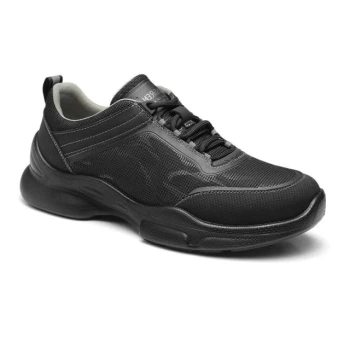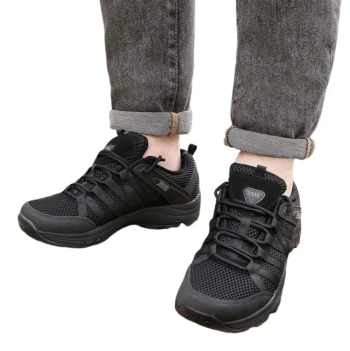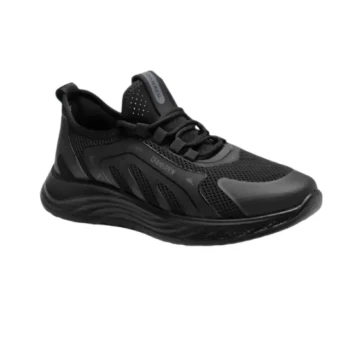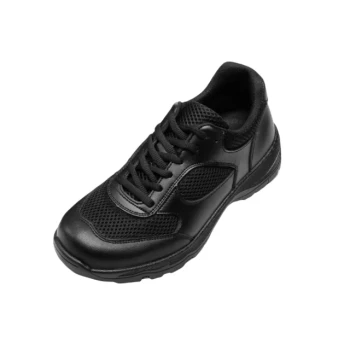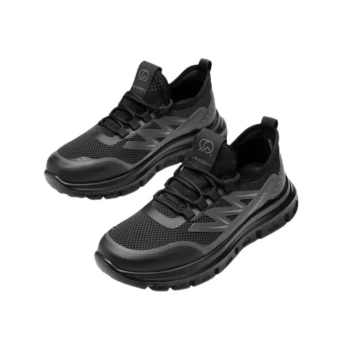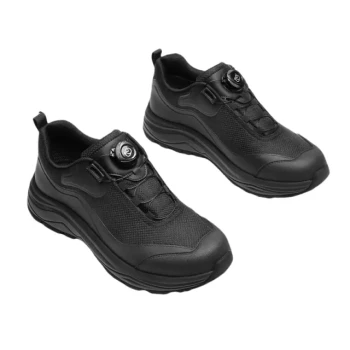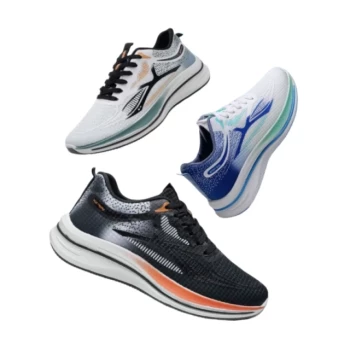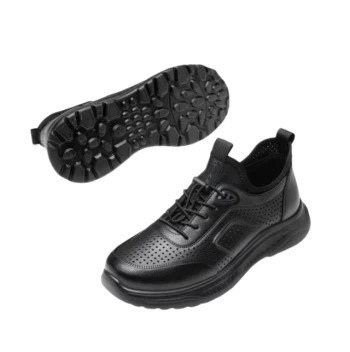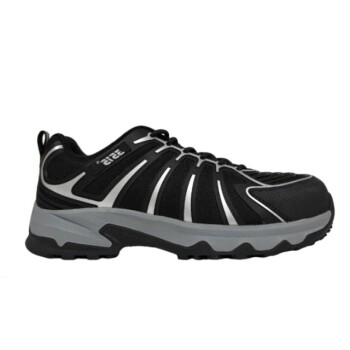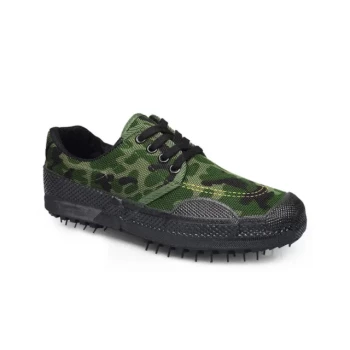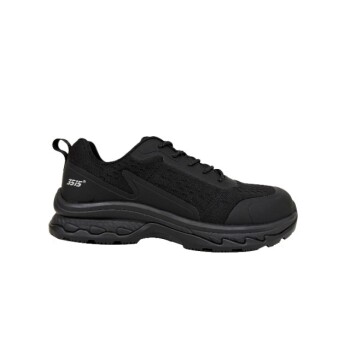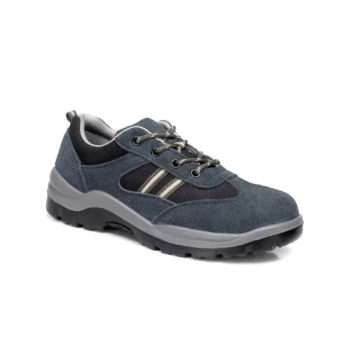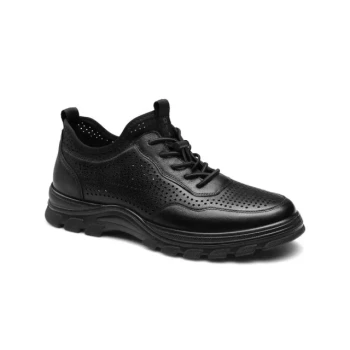The primary benefits of synthetic materials in casual shoes are their exceptional durability, water resistance, and affordability. Modern advancements in production technology have also significantly improved their breathability and expanded their aesthetic possibilities, allowing them to compete directly with, and sometimes surpass, traditional natural materials in both performance and style.
Once dismissed as a low-quality substitute, synthetic materials have evolved into highly engineered options. The core insight is that their value now lies not just in cost-effectiveness, but in their specific, customizable performance features and vast design versatility.
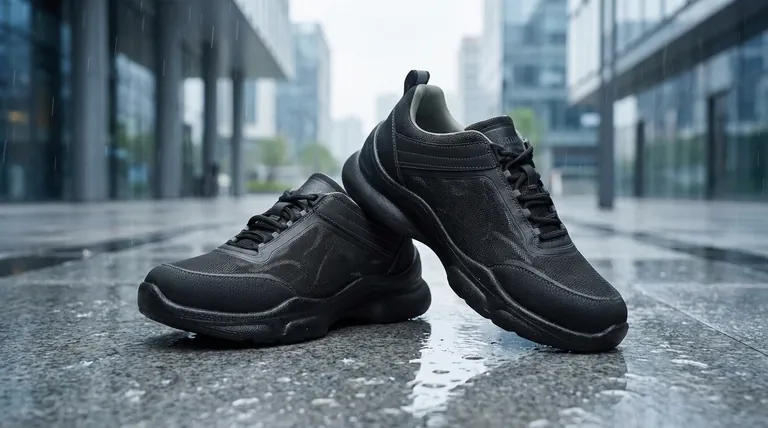
Beyond the Price Tag: The Functional Advantages
While affordability is a major draw, the practical benefits of modern synthetics are what make them a strategic choice for everyday footwear. They are engineered to solve common problems that natural materials often struggle with.
Superior Durability
Synthetic materials like PVC, nylon, and polyurethane (PU) leather are inherently resilient. They are manufactured for consistency and can be designed to resist scuffs, tears, and general wear far better than many natural fibers.
Excellent Water Resistance
This is a standout feature for synthetics. Unlike leather or canvas which can absorb water and become damaged or heavy, synthetics naturally repel moisture. This makes them an ideal choice for unpredictable weather or rainy seasons.
Simplified Maintenance
The non-porous and durable nature of most synthetic materials makes them incredibly easy to clean. A simple wipe-down is often all that is needed to remove dirt and grime, a significant advantage over materials that require special cleaners or conditioners.
The Evolution of Comfort and Performance
The old reputation of synthetics as being stiff and unbreathable is largely outdated. Technological advancements have transformed them into high-performance materials suitable for more than just sports shoes.
Modern Breathability
Manufacturing techniques have introduced micro-perforations and advanced weaves that allow for significantly improved airflow. While the stereotype of "sweaty" plastic shoes once held true, modern synthetic shoes now offer a level of breathability that rivals many natural options.
Lightweight Construction
Synthetics are a key component in modern sports shoes for a reason: they are incredibly lightweight. This benefit has carried over to casual footwear, resulting in shoes that reduce fatigue and increase comfort throughout the day.
Unlocking Design and Aesthetic Freedom
Synthetics free shoe designers from the natural constraints of materials like leather, opening up a world of creative possibilities that directly benefits the consumer.
A Spectrum of Colors and Textures
Because they are manufactured, synthetics can be produced in a virtually limitless array of colors, finishes, and textures. From high-gloss patent to matte finishes or exotic embossed patterns, the aesthetic options are far broader and more consistent than with natural hides.
High-End Customization
The technology now exists to create premium synthetic materials with specialized features. This includes options with water-resistant microfiber backings and highly customizable surfaces, blurring the line between "natural" and "synthetic" quality.
Understanding the Trade-offs
To make an informed decision, it is critical to recognize the potential downsides and nuances of synthetic materials.
The Breathability Spectrum
While much improved, not all synthetics are created equal. The most breathable, high-performance synthetics may come at a higher price point, while budget-friendly options might still trap more heat than premium natural leather.
The "Break-in" Experience
Natural leather has a unique ability to stretch and mold to the specific shape of your foot over time. Most synthetic materials do not share this quality; they tend to hold their original shape, meaning the initial fit is what you can expect for the life of the shoe.
Environmental Considerations
Most synthetic materials are derived from petroleum-based plastics like PVC and PU. The environmental impact of their production and disposal is an important factor for many consumers when weighing them against renewable, biodegradable natural materials.
Making the Right Choice for Your Needs
The best material is the one that aligns with your specific goals. Use these points as your guide.
- If your primary focus is all-weather wear and low maintenance: Choose shoes with a synthetic upper like PU leather for their excellent durability and water resistance.
- If your primary focus is affordability and style versatility: The vast range of colors and textures available in synthetics provides the most design choice at a budget-friendly price.
- If your primary focus is a traditional fit that molds to your foot: Be aware that synthetics generally offer less "break-in" flexibility compared to natural leather.
Ultimately, choosing a shoe with synthetic materials is no longer a compromise but a conscious decision for specific, engineered advantages.
Summary Table:
| Benefit | Key Advantage | Ideal For |
|---|---|---|
| Durability | Resists scuffs, tears, and wear better than many natural fibers. | Everyday use, high-traffic environments. |
| Water Resistance | Naturally repels moisture, keeping feet dry. | Rainy weather, unpredictable conditions. |
| Affordability & Style | Vast range of colors and textures at a lower cost. | Budget-conscious consumers seeking variety. |
| Lightweight & Breathable | Modern tech offers improved airflow and reduced weight. | All-day comfort and active lifestyles. |
Ready to leverage these benefits for your footwear line?
As a large-scale manufacturer, 3515 produces a comprehensive range of footwear for distributors, brand owners, and bulk clients. Our advanced production capabilities allow us to expertly craft casual shoes using the latest synthetic materials, ensuring your products offer the perfect balance of durability, style, and value.
Contact us today to discuss how we can bring your next collection to life with high-performance synthetic materials.
Visual Guide
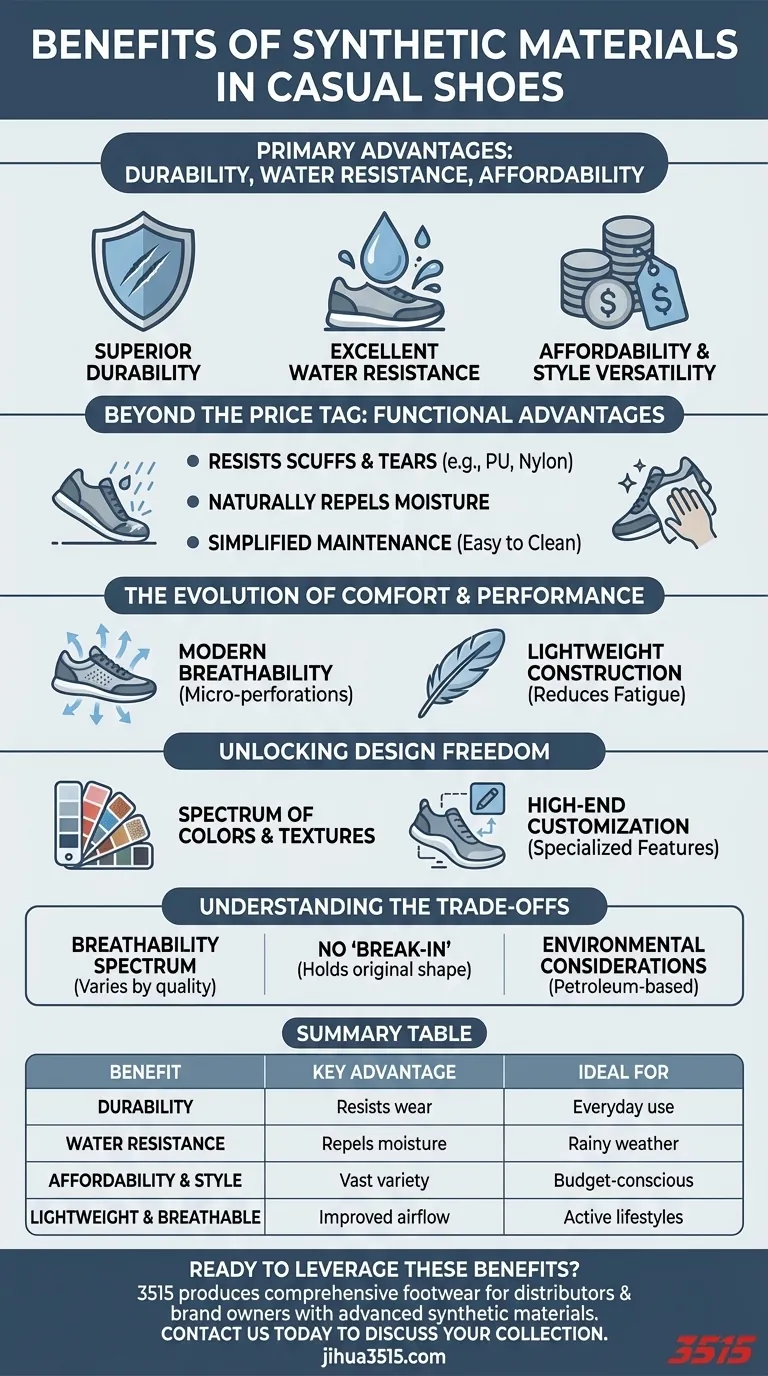
Related Products
- Wholesale Breathable Training Shoes Custom Athletic Footwear Manufacturer
- Lightweight Breathable Training Shoes for Wholesale & Custom OEM Manufacturing
- Wholesale Breathable & Cushioned Training Shoes Custom Factory Production
- Wholesale Durable & Breathable Training Shoes for Custom Brands
- Wholesale Lightweight Cushioned Athletic Sneakers for Custom Bulk Production
People Also Ask
- What are the features of cross training shoes? Master Versatile Performance for Your Workouts
- What is high-tech 'air' mesh, and how is it used in footwear? The Key to Cool, Lightweight Shoes
- What is a Flyknit shoe? The Ultimate Guide to Seamless, Lightweight Performance
- What are the characteristics of canvas as a shoe material? A Guide to Lightweight, Breathable Footwear
- How do athletic shoes with non-slip features differ from regular ones? Discover the Grip Advantage
